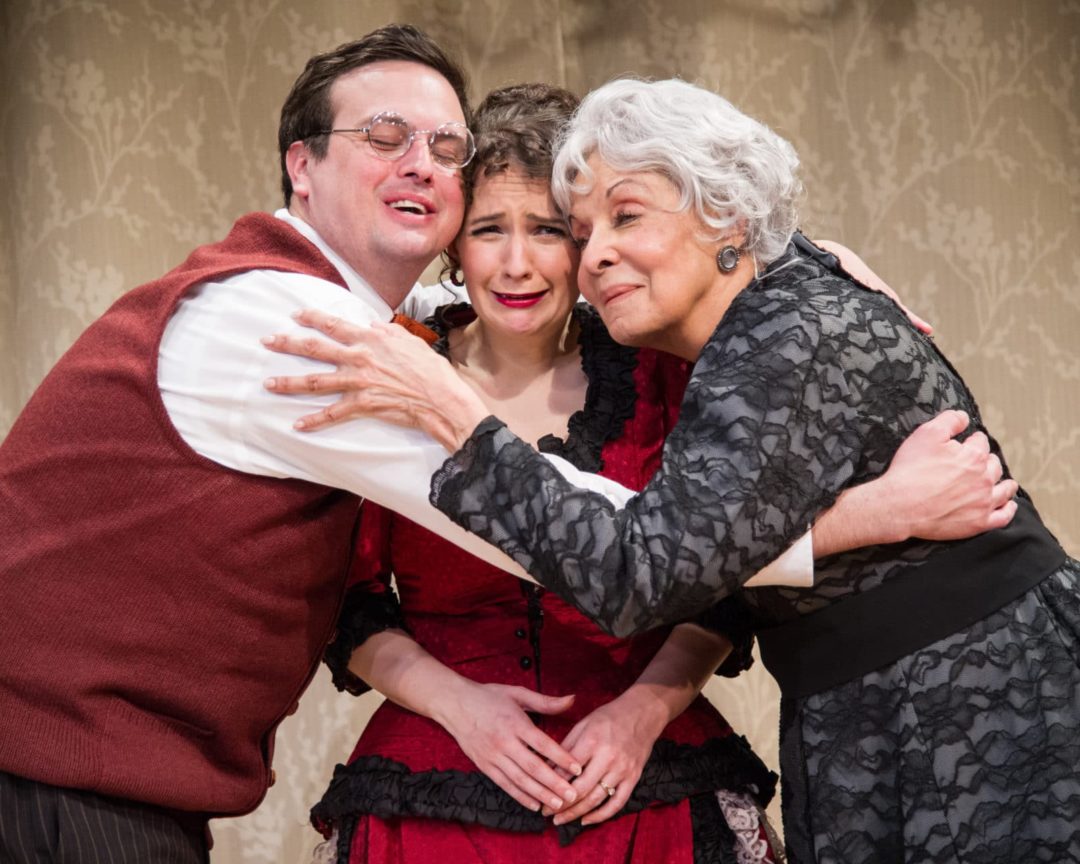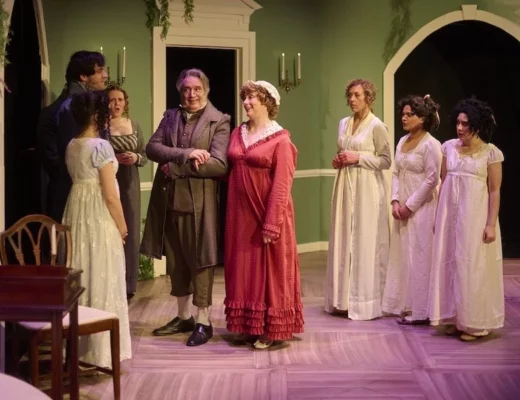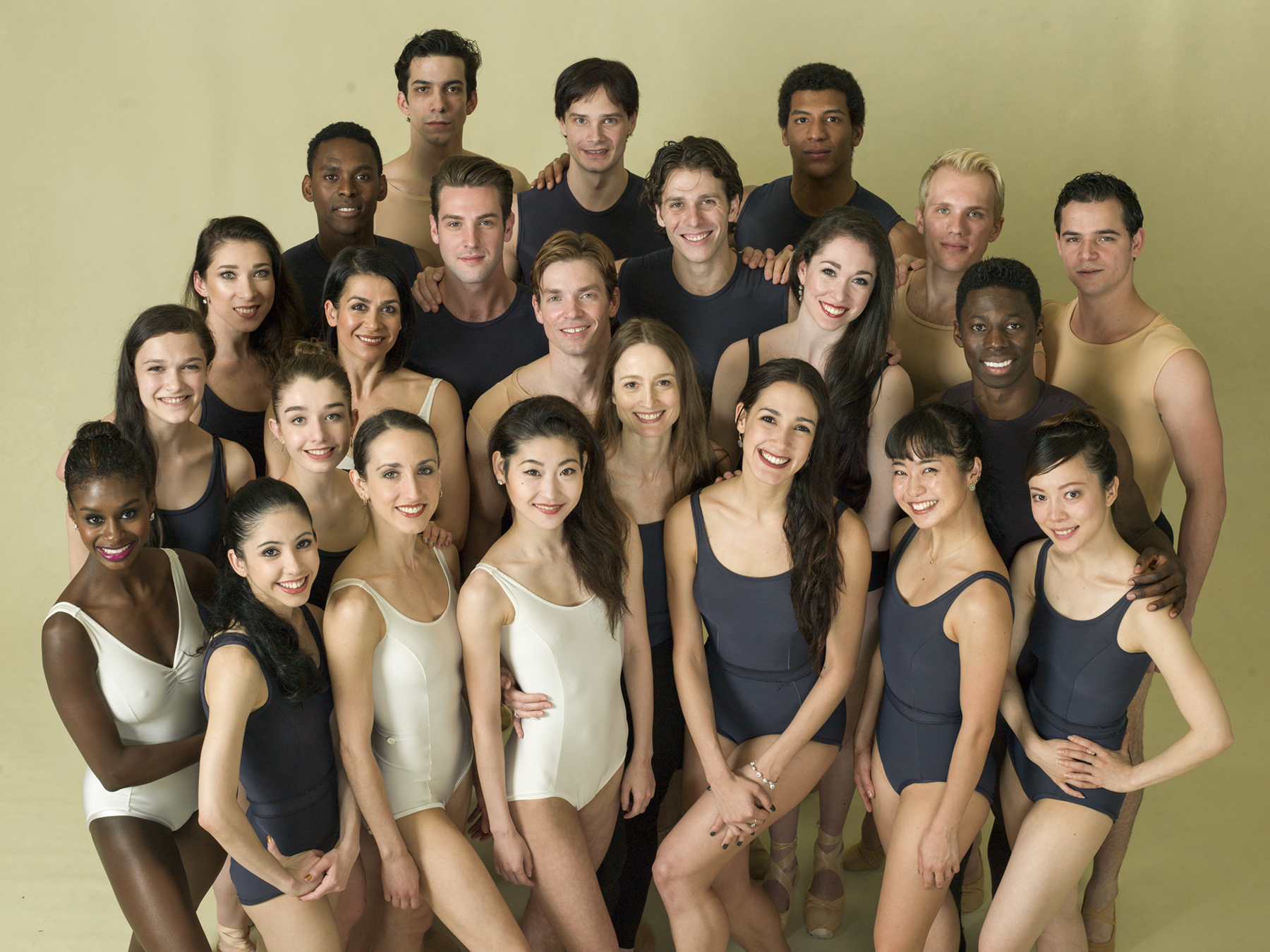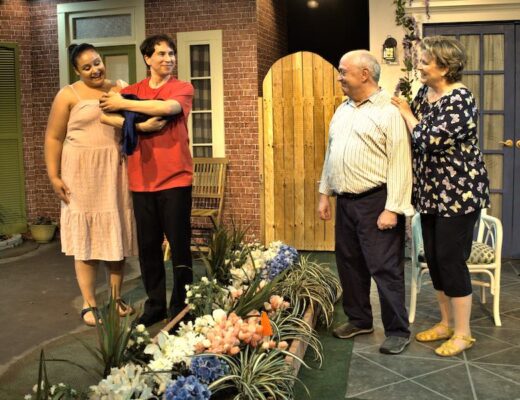by John Bavoso
This article was first published by DC Theatre Scene and can be read on their site here.
“We’re in a strange relationship with our fiction, you see,” Warren Ellis, the English comic-book writer, novelist, and screenwriter, once wrote. “Sometimes we fear it’s taking us over, sometimes we beg to be taken over by it… and sometimes we want to see what’s inside it.” In Jon Klein’s Resolving Hedda, currently being brought to life in a whip-smart and hilarious production by Washington Stage Guild, one fictional character in particular has most definitely taken over—and she’s taking the audience with her on a wild, bumpy ride.
Klein, currently the head of the MFA Playwriting Program at the Catholic University of America, takes a classic play that he’s taught for decades—Henrik Ibsen’s vaunted Hedda Gabler—and imagines what would happen if a self-aware Hedda tried to change the course of the play’s event from within it. It turns out what happens is that you get a cheeky, anachronistic, self-referential romp that makes for a truly entertaining evening.
This is the point where your reviewer must make a deeply shameful confession—I am, at best, only passingly familiar with the canonical Hedda Gabler. And by “passingly familiar,” I mean that I have neither read the play nor seen it fully produced.
Luckily, this puts me in the ideal position to let you know that having a similar blind spot will not detract from your enjoyment of Resolving Hedda even one iota. The fine folks at Washington Stage Guild have provided a succinct and sufficient synopsis in the program and our protagonist gives us enough of the beats along the way to help us noobs keep up; also, Wikipedia is a thing that exists, for those overachievers who wish to do their homework in advance. Sure, those with a deeper familiarity of the text may find some additional moments of nuanced humor, but it’s certainly not mandatory.
On entering the Undercroft Theatre beneath the Mount Vernon Place United Methodist Church, audience members are greeted by scenic designer’s Tara Lyman-Dobson’s traditional set—all the usual suspects are present and accounted for, including oil paintings, a chaise lounge, and loads of books. Ditto Sígríd Jóhannesdóttir’s 19th century costume design. But that’s pretty much where convention ends.
Even before artistic director Bill Largess has finished his curtain speech, Hedda herself, played here with commanding personality and undeniable charisma by Kelly Karcher, alerts us to the fact that this won’t be any old production of Hedda Gabler. This version of Hedda knows she’s in a play, knows she’s going to die in the end, knows who her murderer is (Ibsen—or Ibsy as she calls him, naturally), and is hell-bent on changing her fate and surviving this night. More than 100 years of following the same script around the world has left Hedda furious, foul-mouthed, and feminist as… well, you know. Karcher is a force of nature in this role as our fed-up guide straining against a nature devised for her by a dead Norwegian.
The rest of the characters, however, have arrived expecting just another night. Hedda’s nerdy husband George (played with slapstick haplessness by Jamie Smithson), beautiful and blonde friend Thea (a hilariously confused Emilie Faith Thompson), meddling Aunt Julia (the delightfully dotty Jewell Robinson), stereotypically evil Judge Brack (a deliciously devious Steve Beall), and earnest Eilert (a brash and haughty Matthew Castleman) are all baffled by the suddenly changed Hedda in their midst. (Poor Bertha is given the night off—too small a role, Hedda explains.) And, as Hedda tries and tries to steer the action in a different direction, the rest of the characters unwittingly thwart her every attempt.
Fans of metatheatricality will adore Klein’s script, and director Steven Carpenter’s impeccable execution of it, complete with anachronism, inside jokes, fourth wall breaks, and audience interaction. This new, feisty Hedda, who tries fiercely to break free from her pre-ordained path, is the self-confident feminist protagonist that will have contemporary audiences cheering. Klein’s Hedda isn’t just representing herself; she’s taking up the torch for all the classical anti-heroines with ICD (Impulse Control Disorder) who are driven by motives that are far less developed than those of their male counterparts.
There’s a well-known notion in the industry that audiences don’t really want to see theatre that’s about theatre—but based on the uproarious laughter and utter investment of the people sitting around me, I’d say that “inside baseball” can still be a home run. While watching Resolving Hedda, you’ll likely find yourself more engaged in a period piece than you’ve ever been before—and glued to your seat until the final defiant moment.





No Comments